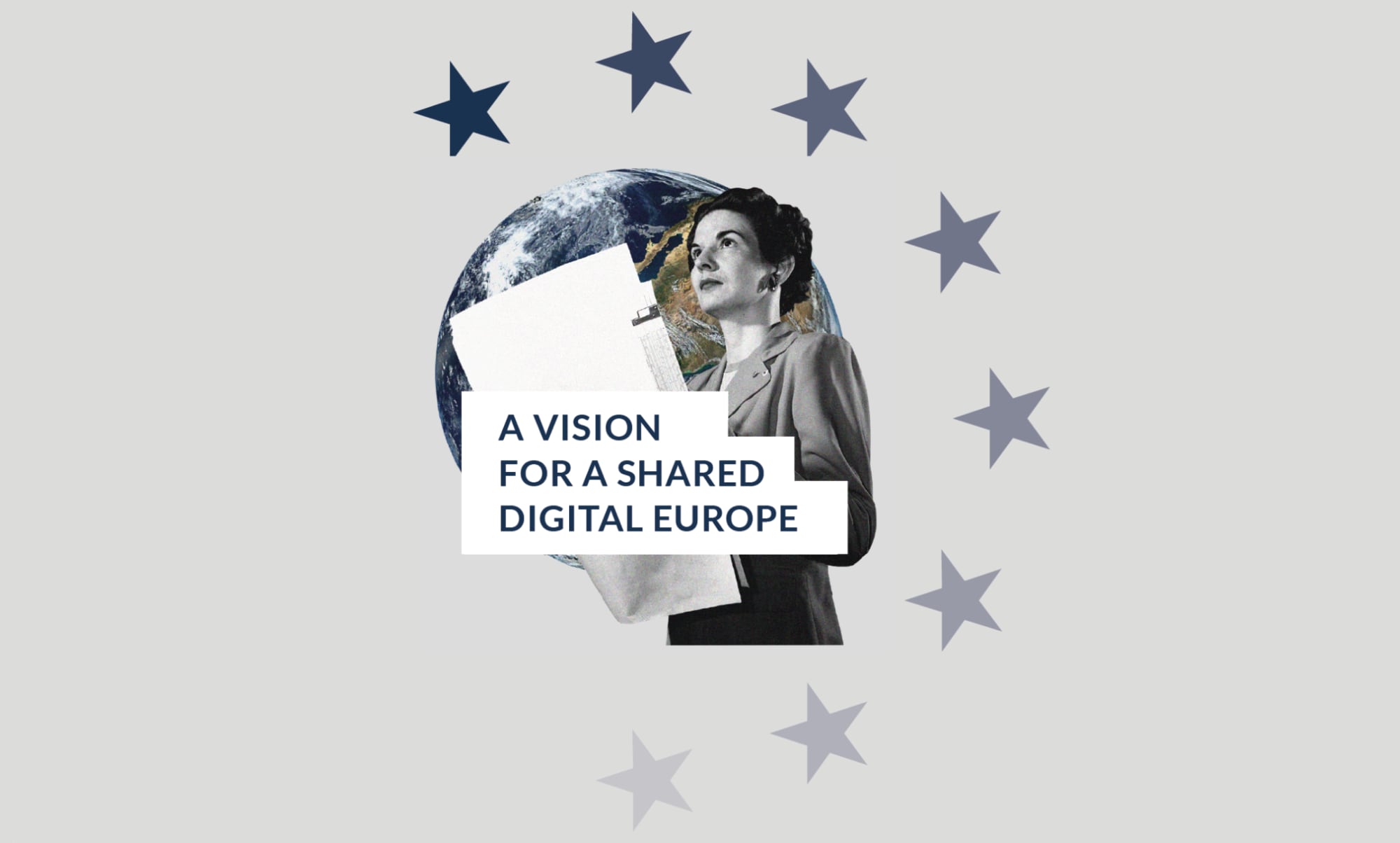
A Vision for a Shared Digital Europe
This document summarises the efforts undertaken by Kennisland, Centrum Cyfrowe and Commons Network to develop a new vision for digital policymaking in Europe[1]. To this end, we have created a new policy
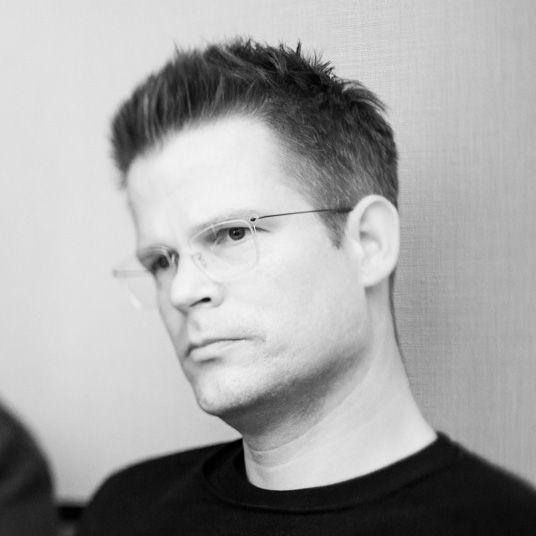
EU digital policy. I work on more open © laws and help to open up data & collections. Depending on the task, I can shape-shift between being a systems architect, a lobbyist, an activist or a cyclist.

This document summarises the efforts undertaken by Kennisland, Centrum Cyfrowe and Commons Network to develop a new vision for digital policymaking in Europe[1]. To this end, we have created a new policy
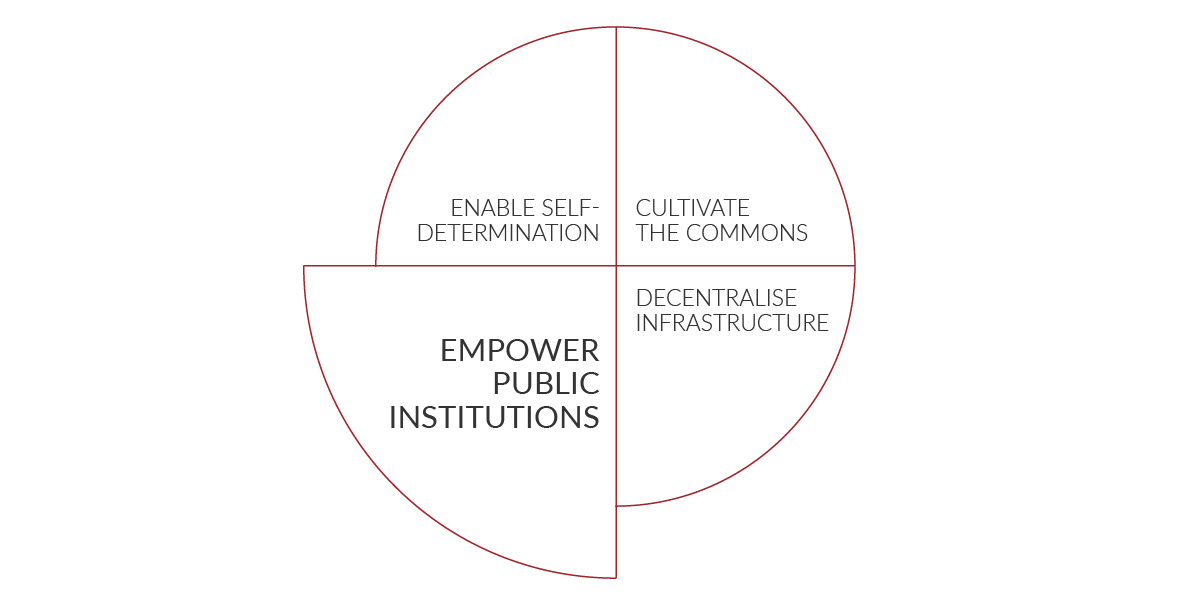
Our public institutions are best placed to assure broad democratic civic participation on how our knowledge, science and culture are governed. They must be empowered to provide the public with online spaces that are protected from the surveillance practices of commercial platforms.
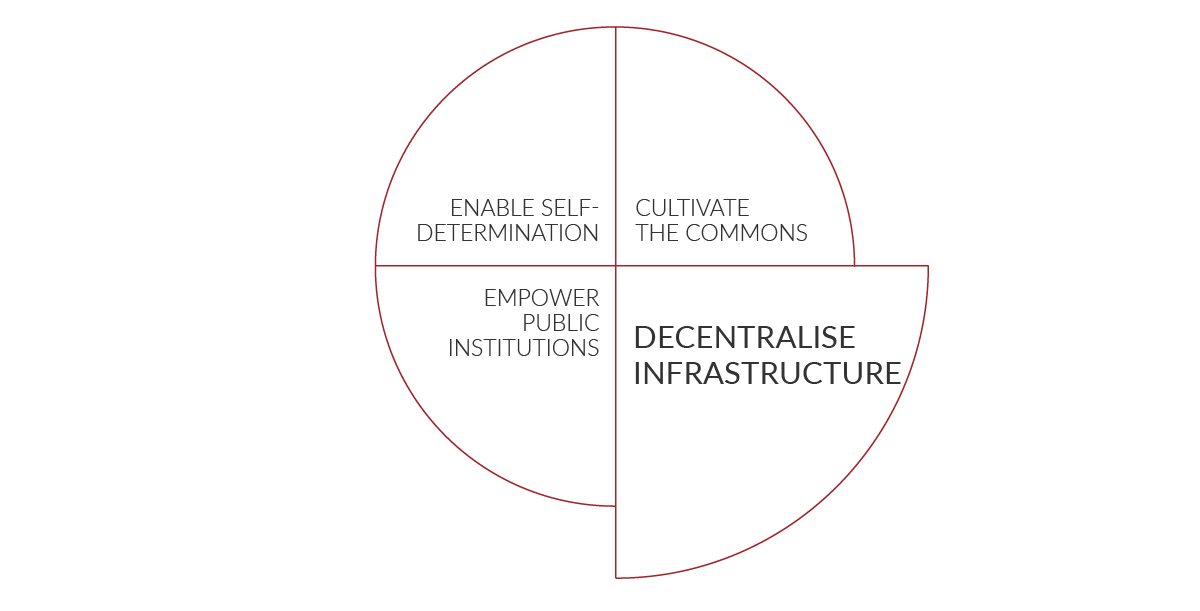
Decentralising our technological infrastructure is an approach that will increase Europe's technological sovereignty by reducing dependency on non-European technology providers. It is also a way to strengthen our democratic traditions and historic diversity.
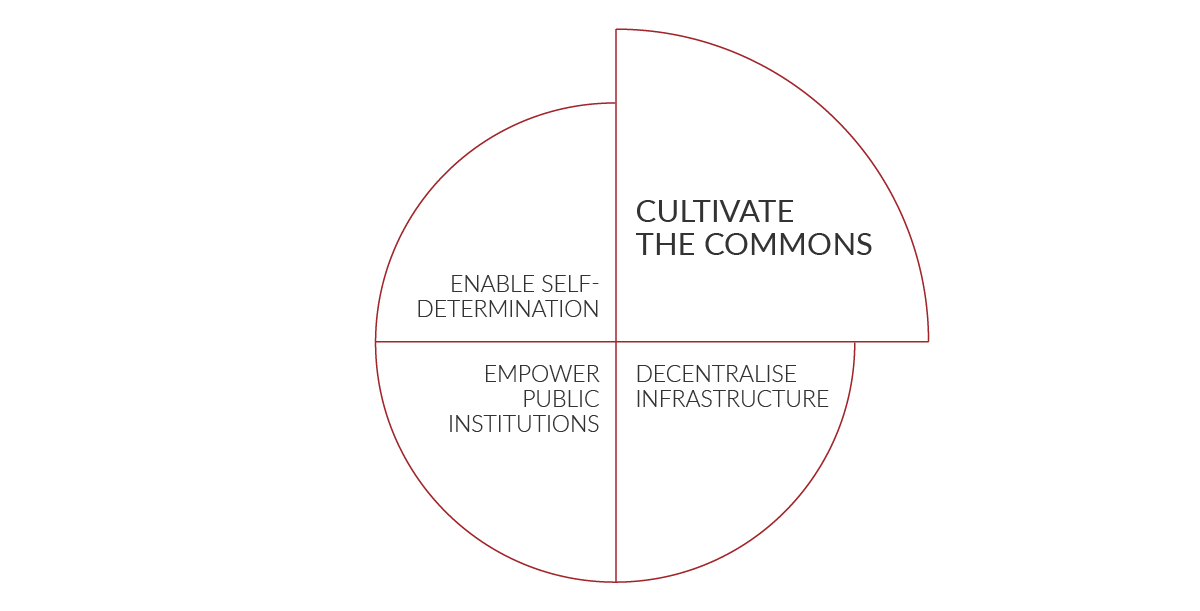
By providing a networked public space, the Internet empowers people to engage in collaborative practices and knowledge sharing, thereby creating substantial economic value. And even more important, huge social value for all Europeans.
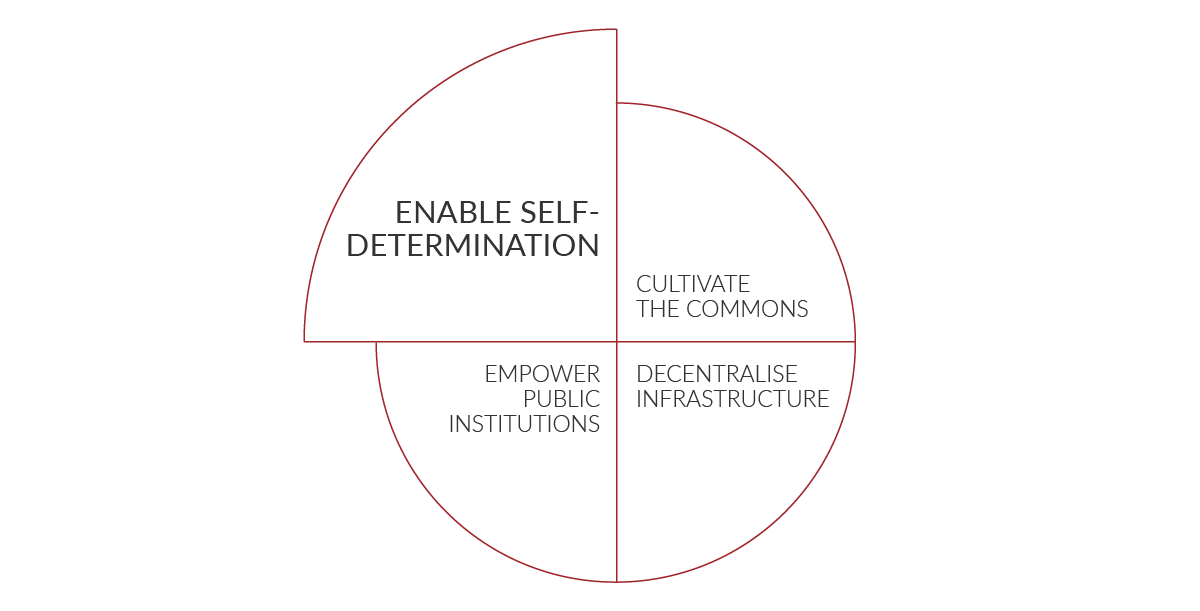
It must be possible to fully participate in (online) social life without having to give up your personal data to commercial entities. This includes the right to privacy and the need for more democratic models of data governance and algorithmic transparency.
Recently the idea/trope of a Human/People centric digital space has been put forward by different civil scoiety / digital rights organisations. OSEPI and BEUC are working on a Human-centric digital Manifesto for